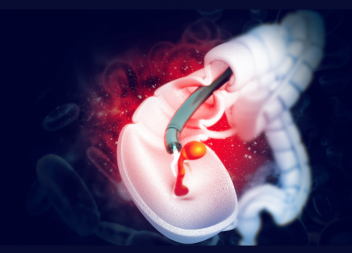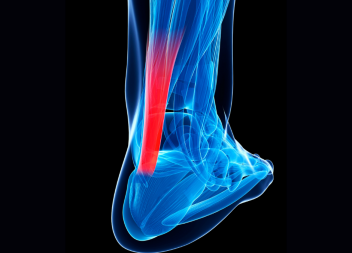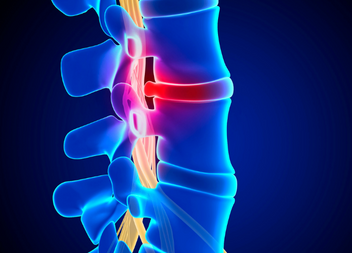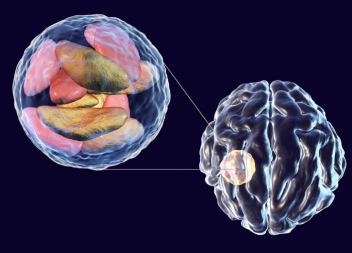A young boy who went into cardiac arrest after medics failed to spot fluid around his heart following open heart surgery was awarded £50,000 compensation.
The boy was 12 years old at the time and was left with PTSD following the resuscitation attempt.
His mother made a medical negligence claim on his behalf, supported by specialist solicitor Lyndsey Taylor of Medical Solicitors.
Case summary
In October 2018, the claimant ‘C’ was diagnosed with a congenital heart condition whereby the left coronary artery was in the wrong place. His parents were advised he’d need open heart surgery, which was performed in mid-December.
A couple of days after the surgery, it was noted that C had a mild pericardial effusion – build-up of fluid around his heart - but no steps were taken to drain it. He was seen again the following week and told to return in two weeks’ time, but no adequate safety netting advice was given.
After Christmas, C became breathless and lethargic. He had chest pain that worsened with deep breathing and movement. He was taken to hospital where it was noted he had no appetite and a low urine output despite being on diuretic medication.
A chest x-ray was wrongly interpreted as normal. It was subsequently found to have actually showed a cardiac silhouette prominent in size, indicating an enlarged heart.
With the x-ray wrongly coming back as normal, a cardiologist registrar suggested the pain was musculoskeletal and discharged C with painkillers.
The young boy became acutely unwell at home with central chest pain. He was clammy, pale and lethargic and began vomiting. His parents took him back to hospital where an x-ray showed an enlarged heart and an ECG showed a fast heart rate.
He was still vomiting the following day. A blood test showed C had raised white cell and platelet counts. He felt faint, had low blood pressure, his heart rate dropped and he lost consciousness.
Staff over at a children’s hospital suggested C had cardiac tamponade – pressure on his heart due to fluid build-up. They recommended a drain was fitted, but doctors at the hospital where C was being cared for refused to do so due to his age.
C ultimately went into cardiac arrest and needed CPR. Medics performed two unsuccessful pericardial taps to drain the fluid. C was then transferred to a catheter laboratory where an interventional cardiologist performed a procedure which drained 250ml of blood-stained fluid from around C’s heart.
His condition started to improve and he was transferred to the children’s hospital for further surgical drainage.
Litigation
The defendant trust admitted liability of both breach of duty and causation. The claim settled in February 2024 for £50,000.













